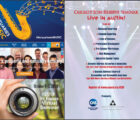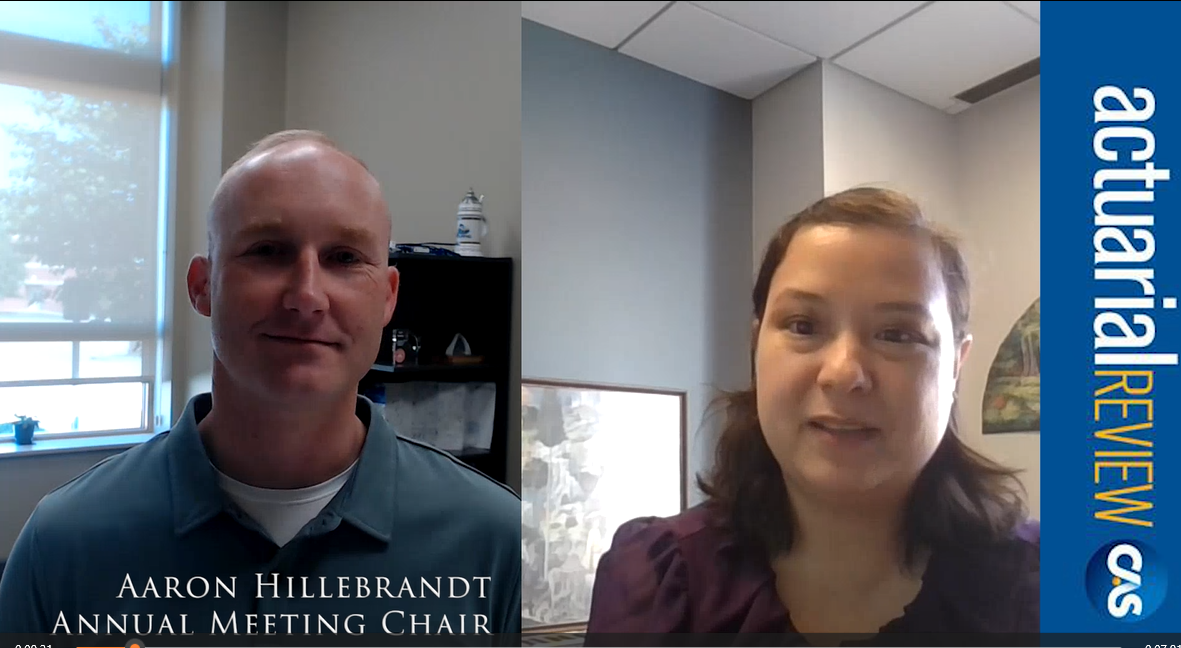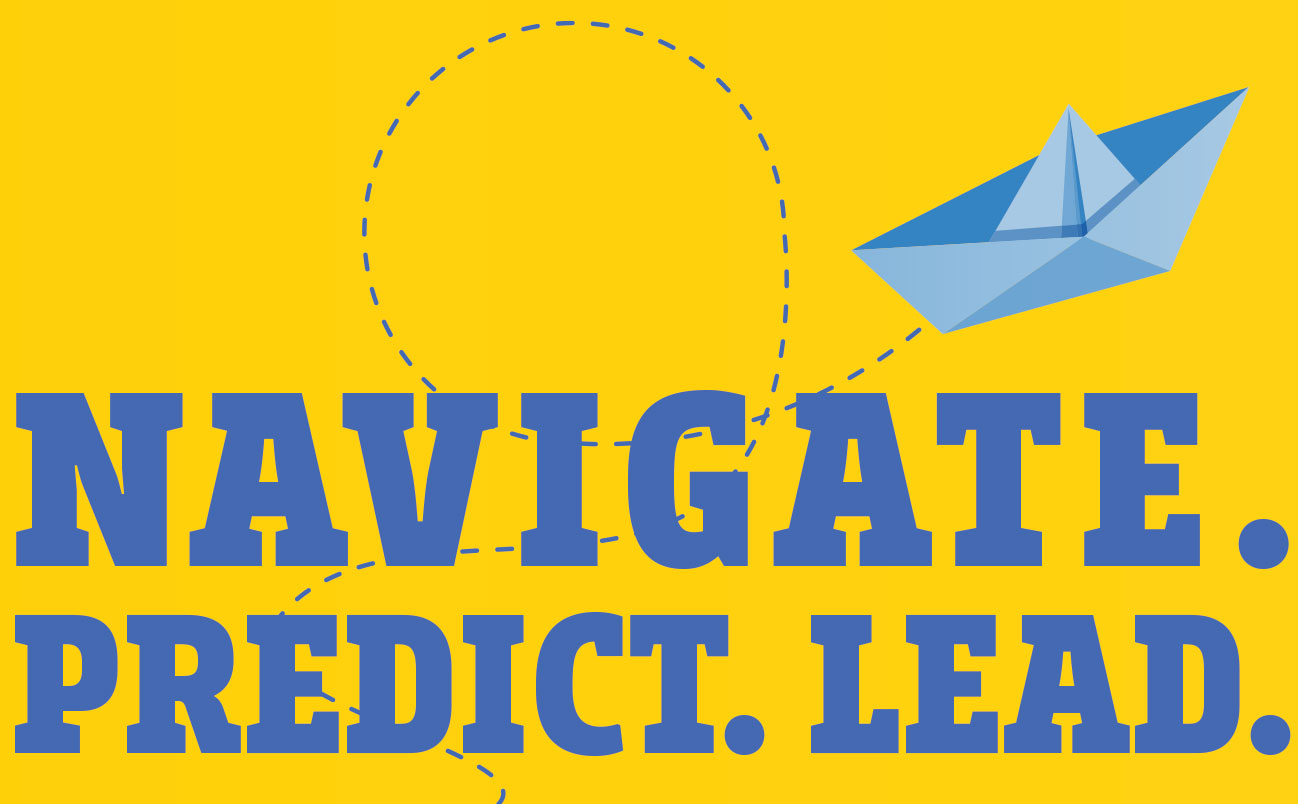
In spring 2021, the CAS introduced the Volunteer-Staff Framework (VSF), an evolving model that streamlines the CAS governance structure, better leverages volunteers for their subject matter expertise and business skills, and holds accountable and empowers CAS Staff for the organization’s operations. The CAS has made much progress since the VSF’s launch, and the evolution is continuing into 2022.
VSF origins
The Volunteer-Staff Framework was developed to address findings from the Future of Volunteerism Task Force, which determined that the CAS volunteer staffing model did not fully and efficiently meet the Society’s current and long-term initiatives. The task force shared these findings after directing an extensive study that included conducting a SWOT analysis of the current volunteer-staff model, taking inventory of the skills and knowledge necessary to support the current initiatives, reviewing volunteer-staff functions and benchmarking the CAS’s model against similar industry organizations. The task force concluded that the CAS would benefit from reorganizing its existing committee structure and empowering staff members.
Town Hall introduces VSF to CAS volunteer leaders
In March 2021, CAS President Jessica Leong, President-Elect Kathy Antonello and I joined CAS Vice Presidents Kim Guerriero (Marketing & Communications) and William Wilder (Admissions) to host a Town Hall for the more than 100 volunteer leaders. These volunteers represented all areas of the CAS, from admissions to university engagement, and the Town Hall was their opportunity to learn about the new framework and understand how it was organized into three distinct components:
- Establishing board committees.
- Transitioning vice presidents to the role of senior advisors and sunsetting the executive council.
- Transitioning committee structure to councils, working groups and task forces.
This initial exposure collected much feedback from volunteer leaders, who asked questions, responded to polls and completed a post-event survey.
Sharing VSF with CAS volunteers
The staff and volunteer chairs then partnered to share details of the evolving framework directly with their committee members. Talks included the various ways committees would be affected. In some cases, the changes to committees were minimal, while in others, changes included shifting staff and volunteer responsibilities and merging or sunsetting committees that had achieved their goals.
Sharing VSF with CAS members
In May 2021, the CAS announced VSF’s details more broadly through a news announcement and a member-wide Town Hall held in conjunction with the virtual Spring Meeting. This Town Hall conducted polls to gauge initial member reactions and gave members the opportunity to ask questions. The event recording was posted along with a set of FAQs on the CAS VSF webpage, the hub of information about this initiative.
Implementing the changes at the board level
The CAS Board of Directors added a new Operational Oversight Committee and a Diversity, Equity and Inclusion Committee to the five standing groups of board committees: Leadership Development, Nominating, Discipline, Audit and Risk Management. The addition of these new committees has enhanced the board’s oversight and effectiveness, while allowing the board to stay focused on developing CAS strategy and engaging with membership.
Executive council and committee structure
Although the plan to sunset the executive council-level of governance through a bylaws proposal in summer 2021 was not approved by the Fellows, the role of vice presidents continues to evolve. VPs remain advisors and partners to senior staff in providing guidance and member perspectives.
The reorganization of the committee structure went into effect in November 2021, as CAS committees below the board level transitioned into working groups and task forces charged with measurable goals and deliverables tied to the CAS Strategic Plan. This shift reorganized the CAS’s long-standing and expansive committees into a structure that supports innovation and diversity. As working groups and task forces accomplish their goals, they can disband, making way for new volunteer groups to form.
CAS staff chairs and volunteer chairs/vice-chairs
The vision for the new VSF was for CAS staff and volunteer leadership to have more clearly defined roles as they partner together: Staff chairs assume responsibility and accountability for operational execution of committees; volunteer chairs provide subject matter expertise, thought leadership and general business skills. To bolster staff capabilities, staff chairs have completed an extensive series of professional development training courses focused on building upon their skillsets. Staff are empowered to make decisions quickly, increasing speed to market for CAS work products. Volunteer chairs have been able to spend less time on administrative duties, ensuring that time volunteering makes the best use of their time and talents.
On the horizon: Enhancing the volunteer experience
Volunteers are the lifeblood of the CAS. Because of this, the new VSF could not be successful without the dedication and passion of CAS members who give their time to team up with CAS staff to achieve the Society’s Strategic Plan. The CAS Volunteer Task Force is launching a series of added resources to improve the volunteer experience in 2022 as part of phase two of the evolving VSF. These resources include:
- Volunteer matching with meaningful CAS opportunities — Under the new VSF, volunteer recruitment will be a year-round effort instead of a once-a-year event. Recruitment efforts will match volunteers with their areas of interest and expertise, including short-term, micro-volunteering opportunities. These personalized details will be incorporated into a new volunteer management system that is being implemented. Last year’s Volunteer Interest and Participation (VIP) Survey collected general interest areas from CAS members, and this new data will be used as recruitment opportunities arise. The CAS will also be reaching out to those who missed the VIP Survey to obtain their volunteer preferences.
- Volunteer feedback form — Capturing input biannually from members of each committee, working group and task force will allow CAS staff chairs and volunteer chairs to improve the volunteer experience, course correcting mid-stream and prior to the new cycle.
- Volunteer trainings and infographics — These tools will better orient volunteers on how their work fits into the broader CAS structure and vision, as well as ensure a clear understanding of the goals and expectations in the upcoming year.
- Volunteer appreciation and recognition program expansion — The CAS is building upon efforts made in recent years to make volunteers feel valued and recognized, such as through the CAS website and its social media pages.
Moving forward
The CAS will continue to update its members and stakeholders as it introduces new components of the evolving VSF. Members can view updates on the CAS webpage dedicated to this topic at https://www.casact.org/about/cas-evolving-volunteer-staff-framework.













